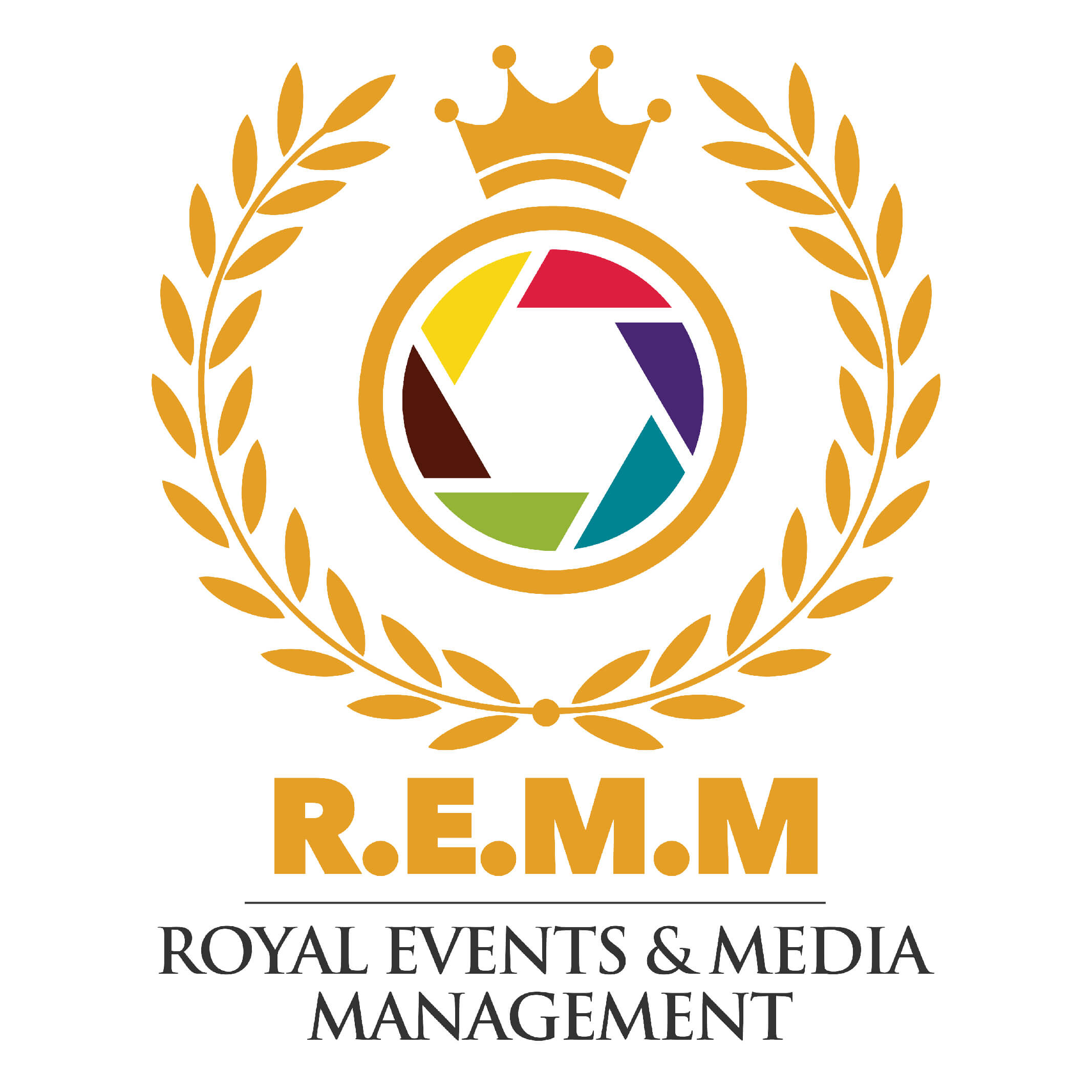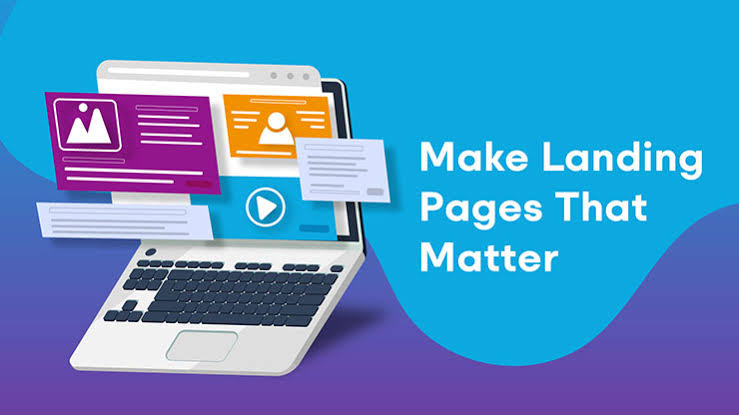As an event organizer, your event landing pages are the virtual gateways to your events, crucial in both attracting visitors and converting them into attendees. Optimizing your event landing pages not only improves search engine rankings but also significantly enhances conversion rates. In this comprehensive guide, we’ll delve into the most effective strategies and best practices for event landing page optimization to maximize visibility and drive conversions.
1. Understand Your Audience and Objectives
Before diving into the optimization process, it’s essential to clearly understand your target audience and the specific goals of your event landing page. Ask yourself: Who are you trying to attract? What action do you want visitors to take? Whether it’s registering for the event, purchasing tickets, or downloading resources, clarity on these objectives will guide your optimization efforts.
2. Craft Compelling and Relevant Content
- Engaging Headlines and Subheadings: Capture visitors’ attention with a compelling headline that highlights the unique value of your event. Utilize subheadings to guide visitors through your content, emphasizing key details that motivate action.
- Clear Call-to-Action (CTA): Ensure your CTA buttons are prominent and visually appealing, placed above the fold to catch visitors’ eyes. Use action-oriented language like “Register Now” or “Get Your Tickets” to drive immediate action.
- Concise and Persuasive Copy: Keep your content focused and persuasive, highlighting the benefits and unique selling points of your event. Use bullet points, testimonials, and social proof to build credibility and reinforce your value proposition.
3. Optimize for Search Engines
- Keyword Optimization: Perform thorough keyword research to identify relevant terms like “event landing page optimization,” “conversion rate optimization,” and “event marketing.” Integrate these keywords naturally into your content, including headlines, subheadings, body text, and meta tags.
- Meta Tags and Descriptions: Craft compelling meta titles and descriptions that not only summarize your content accurately but also entice users to click through from search engine results pages (SERPs).
- Mobile Optimization: With mobile browsing on the rise, ensure your landing pages are mobile-friendly. This includes using responsive design, ensuring fast loading times, and providing easy navigation.
4. Enhance Visual Appeal and Usability
- High-Quality Images and Videos: Use visually appealing media to engage visitors. Showcasing event venues, speakers, or highlights from past events through images and videos can enhance user engagement and convey the excitement of your event.
- User-Friendly Layout: Design your landing page with a clean, intuitive layout that naturally guides visitors to key elements like the headline, CTA, and essential information. Keep distractions to a minimum to ensure visitors can easily find what they’re looking for.
5. Test and Iterate for Continuous Improvement
Implement A/B testing to experiment with various elements of your landing pages, such as headlines, CTAs, and visuals. Analyze performance data to gain insights into user behavior and conversion rates. Continuously optimize your pages based on these insights to improve results over time.
Optimizing event landing pages is a comprehensive process involving audience understanding, content creation, SEO practices, visual appeal enhancement, and continuous testing. By following the strategies outlined here, event organizers can create landing pages that not only rank higher in search results but also drive more conversions, leading to successful events.
Keywords:
Event Landing Page Optimization, Landing Page Design, Conversion Rate Optimization, Search Engine Rankings, Event Marketing, Call-to-Action (CTA), Keyword Optimization, Mobile Optimization, A/B Testing, Continuous Improvement.
Backlink Strategy:
To boost the authority of this content and improve search rankings:
- Internal Links: Link to related blog posts or pages within your site that cover topics like “Event Marketing Strategies” or “SEO Best Practices for Events.”
- External Links: Cite authoritative sources such as Moz’s guide on SEO or Google’s Mobile-Friendly Test tool to validate your points on SEO and mobile optimization.
- Guest Posts: Consider writing guest posts on industry-related websites with a backlink to this guide, targeting keywords like “event landing page optimization.”

